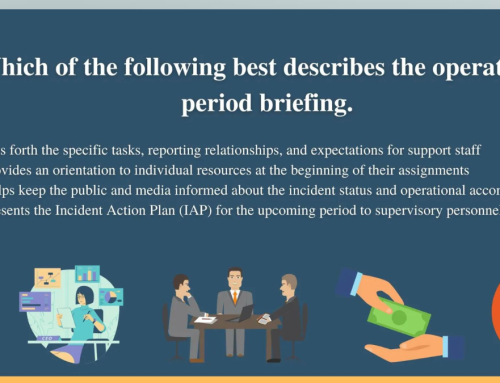A. Inducement are always considered inappropriate , like coercion , as they they can undermine the potential of respect for person.
B. Inducements constitute an “undue influence” if they alter a potential subject’s decision-making processes, such that they do not appropriately weigh the risk-benefit relationship of the research.
C. IRBs is much better to find it easier to recognize coercion compared to determining undue inducement.
D. It is not considered excessive remuneration to pay someone $10 to participate in a one-hour research project.
Correct Answer: B. Inducements constitute an “undue influence” if they alter a potential subject’s decision-making processes, such that they do not appropriately weigh the risk-benefit relationship of the research.
Inducements become a problem when they influence someone’s decision-making, making it difficult for them to see clearly the risks and benefits involved in research. Just like coercion, inducements are never okay because they go against the ethical idea of treating people with respect.
Recently Added Questions
- A motorist should know that he/she is entering a work zone because of?
- Sign with a flashing arrow pane. B. Diamond-shape, orange work zone signs. C. The presence of a “flagger” D. A,B AND C Correct Answer: D. A, B AND C In the realm of construction sites, where hazards abound, safety signs play a crucial role in mitigating the risks of accidents and injuries.
- What are the Goals of Using a Disguise?
- Keep warm B. Pass as a Red Cross member C. Pass initial scrutiny D. Prevent recognition Correct Answer: C,D. Pass initial scrutiny, Prevent recognition. The main reasons for wearing a disguise are to hide who you are, not get noticed, and blend in without people realizing. Related .
- Which of the Following Most Accurately Describes the Research Data Lifecycle?
- It refers to the obligation imposed by federal law to uphold data confidentiality. B. It refers to how data are handled during and after a research study. C. It refers to a particular organization’s data collection requirements. D. It refers to the obligation imposed by professional journals .
Q. Which of the Following is not a Manifest Function of Education?
- Socialization B. Social control. C. Social Placement. D. Social networks. Correct Answer: D. Social networks. Although education can help people build social networks, that’s not its main purpose or intended result. Social networks are more of a side effect of the educational journey .


Leave A Comment